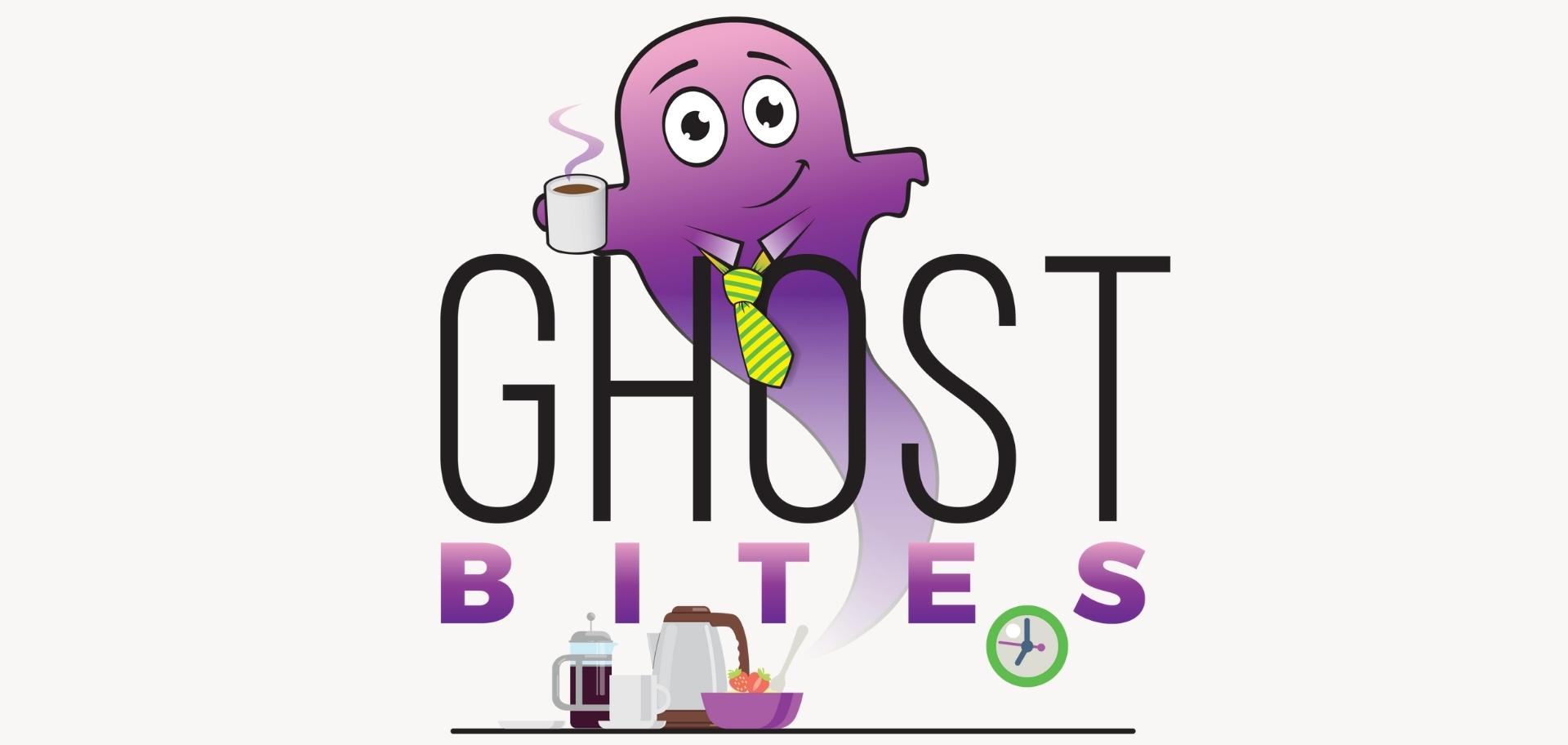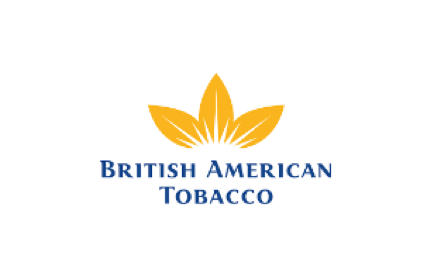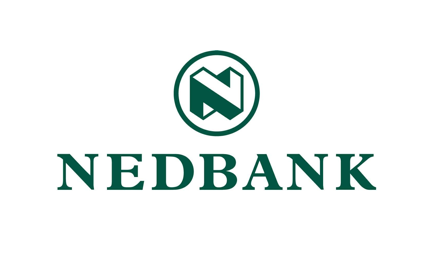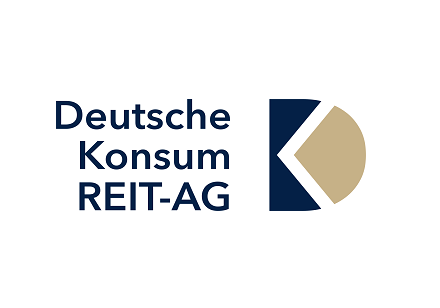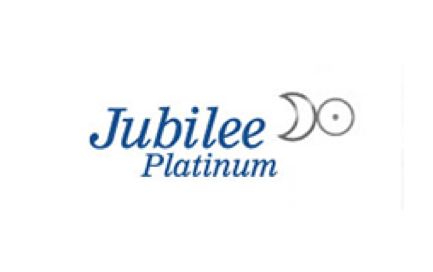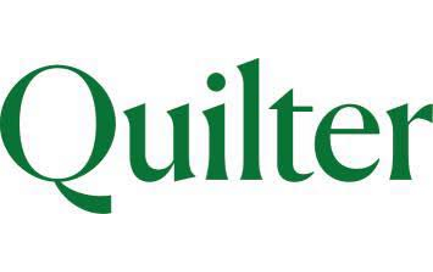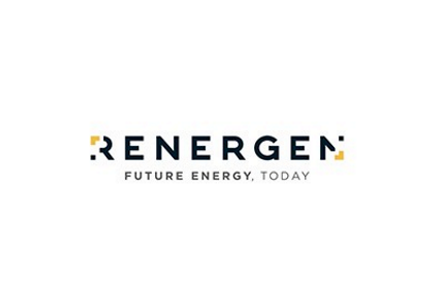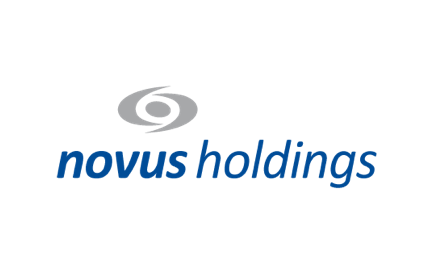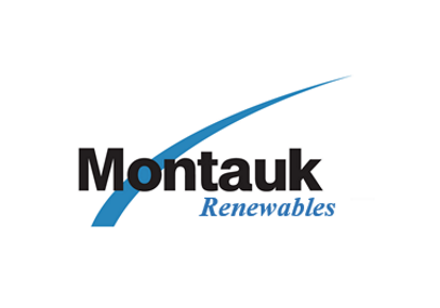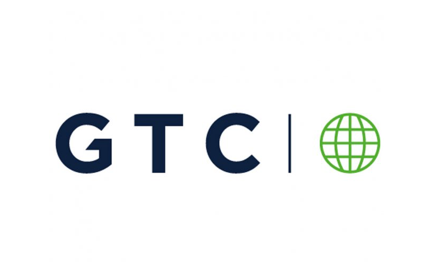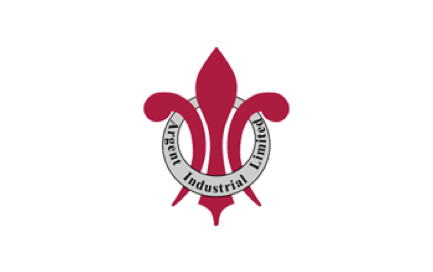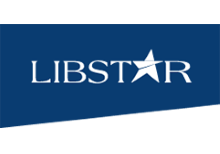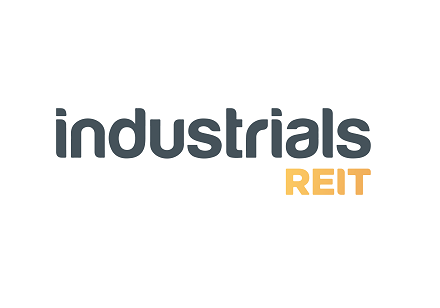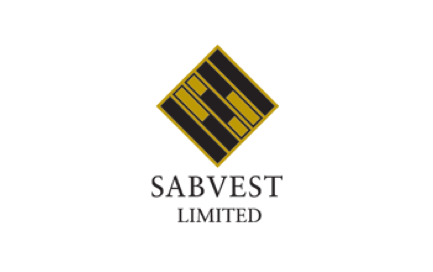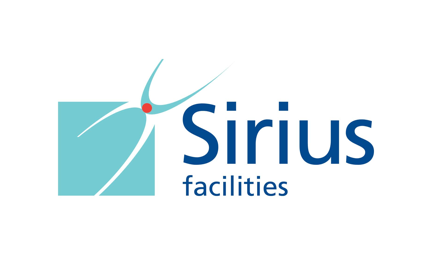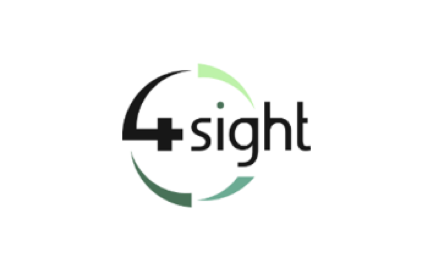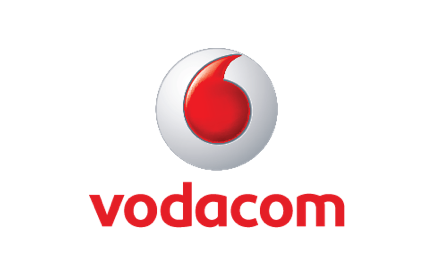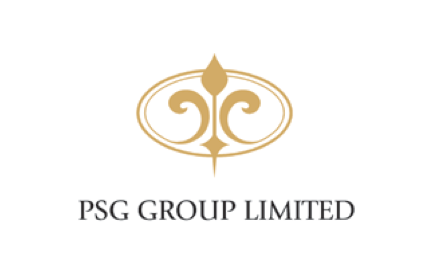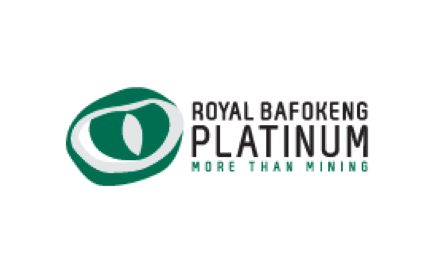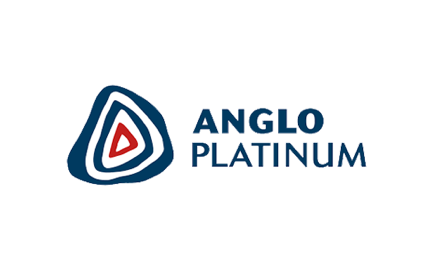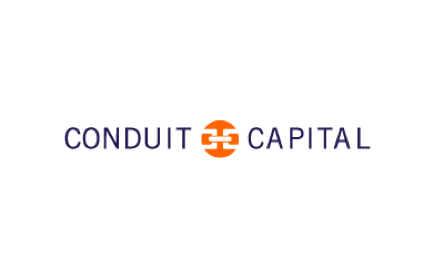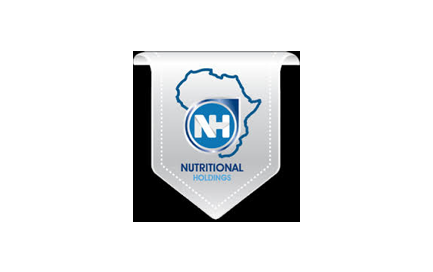If you enjoy Ghost Bites, then make sure you’re on the mailing list for a daily dose of market insights in Ghost Mail. It’s free! SIGN UP >>>
Corporate finance corner (M&A / capital raises)
- This is big news: shareholders have approved the PSG restructuring transaction that will see the holding company unbundle most of its assets and disappear from the JSE. 95% of votes at the meeting were cast in favour of the transaction. Unsurprisingly, two shareholders have delivered notices of objection under s164 of the Companies Act, known as Appraisal Rights. This is a technical section of the Companies Act that allows shareholders to follow a clearly-defined (and expensive) legal process to obtain what they believe is fair value for the shares. There are certain players in the market who are taking advantage of this legal mechanism by acquiring shares after the announcement of a transaction and then exercising the s164 rights, attempting to lock in a profit along the way. Whilst I personally think that s164 should only apply to shareholders in the register on the date of the announcement, the law is the law and this “loophole” currently exists. The PSG announcement makes some noise about how this process could scupper the entire restructuring, which I’m certain is nonsense. There’s no chance of the entire PSG restructure falling over because of two s164 demands. I suspect that the board will push on with the deal and will see those shareholders in court.
- Renergen has announced the successful completion of the Central Energy Fund due diligence related to a R1 billion investment for a 10% ownership stake in the Virginia Gas Project. This is important for the Phase Two operations at Virginia, with Phase One about to be commissioned. There have been some delays in flicking the big switch for Phase One, with CEO Stefano Marani commenting that the delays are immaterial in the context of the next 20 years and that they would rather do things carefully vs. rushing it and introducing risk. I can’t argue with that logic!
- Novus Holdings has renewed its cautionary announcement regarding a “potential acquisition” – the market hasn’t been made aware of what the acquisition is. Shareholders are advised to exercise caution until more details can be announced, which would only happen if final terms can be successfully negotiated.
- Deutsche Konsum is a specialist REIT focused on German neighbourhood retail properties. Sadly, there is literally no liquidity on the JSE, so you can’t easily buy or sell shares in the company even if you wanted to. Still, I report on the updates for those who may already have shares or who are interested in the German property market. The latest news is the acquisition of three properties on acquisition yields of between 7.8% and 8.2%. In this financial year, Deutsche Konsum has acquired 24 mainly food-anchored retail properties on an average initial yield of 8.2%. The vacancy rate is around 6%. The fund will own 184 properties once all deals close.
- An obscure American investment company now holds 8.45% in Conduit Capital. Whilst I can’t be sure, I suspect that this is part of Sean Riskowitz unbundling his stakes to the investors in his fund. You may recall an odd scenario where the Massachusetts Institute of Technology suddenly became a shareholder in Calgro M3. That was also a result of a Riskowitz unbundling.
Financial updates
- Nedbank released its interim results for the six months to June 2022. They look excellent, with a 26% increase in HEPS and an 81% increase in the interim dividend per share, which means the payout ratio has increased and management is clearly feeling confident. Impressively, the credit loss ratio has stayed consistent at 85 basis points and Nedbank has clearly managed its expenses carefully, driving an improvement in the cost-to-income ratio. The net asset value per share is R209.64 and the share price is trading slightly higher at around R215. For more details, please refer to this article from Nedbank that includes the full result.
- Sabvest Capital has released results for the six months ended June 2022. There are good reasons why this investment holding company is so widely respected in the market. With the Seabrooke family sitting behind this vehicle, it now holds twelve unlisted and three listed investments. The focus on unlisted investments plays a major role in minimising the discount to net asset value (NAV) that plagues so many investment holding companies. If you can’t get the assets anywhere else, you’re likely to be willing to pay more for that exposure. The NAV per share has increased by 26.1% year-on-year, an excellent performance. The dividend per share is 50% higher at 30 cents per share. In case you need further convincing of the track record, the 15-year compound annual growth rate (CAGR) in NAV per share is a rather spectacular 16.9%, without reinvesting dividends. The NAV per share is R103.88 and the share price is R72.01 – a discount of just over 30%. The share price has increased more than 50% in the past year.
- MiX Telematics has reported results for the first quarter of the 2023 financial year. Subscription revenue was slightly down year-on-year because of currency impacts, with 6.3% growth on a constant currency basis. Total revenue was up 7.3% on that basis. Gross profit margin fell from 65.5% to 62.0%, leading to lower gross profit overall. Due to increased sales and marketing costs, operating income margin took a significant knock from 12.4% to 6.9%. Although profitability has clearly gone in the wrong direction, the group still has $24.6 million in cash and so the balance sheet is able to support the strategy. The share price is down nearly 34% this year, so the market isn’t enjoying the numbers coming out of this group.
- Libstar Holdings released a trading statement for the six months ended June 2022. Revenue increased 9.6%, boosted by volume growth of 6.9%. Gross profit margins were maintained in line with the comparable period, which is impressive in the context of raw material and energy cost inflation. Normalised HEPS is up by between 11.5% and 16.7%. Because of the craziness of the comparable period, reported HEPS from all operations is expected to be 95.7% to 106.3% higher. Libstar still classifies the Household and Personal Care divisions as held for sale, despite a previous deal falling through. These divisions have reported a reduced operating loss in this period. The company has also announced the acquisition of Cape Foods, a manufacturer of branded and private label herbs and spices. This seems like a very sensible step for Libstar as part of its strategy to invest in non-commoditised food businesses. The deal is small, so no further details have been disclosed.
- Quilter Plc has released results for the six months ended June 2022. Although Assets under Management and Administration fell by 12% since December 2021, the group still managed to grow adjusted profit before tax by 9%. The drop in assets is attributable to adverse market movements, with underlying flows still positive in most of the platforms and at a group level overall. Due to a non-recurring tax credit in the comparable period, adjusted diluted earnings per share fell by 5%. South African investors are more accustomed to HEPS as a measure of profitability, with that metric increasing sharply from 4.5 pence in the comparable period to 11.7 pence in this one. I felt that this quote from the CEO was worthy of inclusion:
“Global equity markets have experienced one of the worst periods of negative performance in recent years and traditional 60:40 multi-asset portfolios have had their largest negative year-to-date return on record.”
Quilter CEO Paul Feeney
- Technology group 4Sight Holdings has released results for the six months ended June 2022. Revenue is up 13.1% and HEPS jumped by a whopping 136.2%. Weirdly, the company talks about a “decrease in cash balances during difficult trading conditions by 9.1%” – not something you expect to see with a profit result like that. The debt:equity ratio also increased, another odd outcome when profits are up. I dug deeper into the result and found that the debtors balance is a whopping R132 million (before credit loss allowances) vs. interim revenue of R329 million. Operating profit of R12.1 million has only translated into cash from operations of R1.67 million, so cash quality of earnings is low to say the least. When in doubt, follow the cash.
- Montauk Renewables has filed its Form 10-Q with the SEC. If you’ve ever wondered what a quarterly report on the US market looks like, you’ll find it at this link. The company has swung into the green, with basic earnings per share of $0.14 in this quarter vs. a loss of $0.03 in the comparable quarter.
Operational updates
- Royal Bafokeng Platinum has a deal with a subsidiary of Anglo American Platinum that was implemented in July 2018, itself a renewal of a longstanding relationship between the parties. Under this agreement, the Anglo Plats subsidiary purchases all the PGM concentrate produced by the Royal Bafokeng subsidiary. The termination date for a portion of the concentrate is August 2024, provided notice is given by August 2022. As Royal Bafokeng is currently under mandatory offer by Impala Platinum, the parties have agreed to extend the deadline for the termination notice to February 2023. If notice is given by then, the termination of either 17% or 50% of the concentrate will be effective in August 2024. Yes, the agreement is specific on those two percentages.
- Jubilee Metals Group has given an update on its operations and projects for the six months to June 2022. The major achievement during the period was the conclusion of the R1.2 billion investment programme in South Africa and Zambia. This programme has expanded production across PGMs, chrome, copper and cobalt. The early results from the new Inyoni operations have outperformed expectations, achieving a 34% decrease in PGM unit cost. There’s also good news in the copper business, with Zambian copper production up 14%. Thanks to these major operational improvements, profit per PGM ounce and copper tonne are up 12% and 9% respectively vs. the preceding six months, despite a drop in commodity prices. Net revenue in South Africa was up 21% and operational earnings grew by 23%. In Zambia, revenue increased by 16% and earnings increased by 30%. Despite these numbers, Jubilee’s share price is down more than 16% this year. Admittedly, it’s up more than 430% in the past 3 years!
- Globe Trade Centre has traded on the JSE literally a handful of times in the past few years. There is zero liquidity. The company has announced strategic expansion of its investment portfolio beyond traditional real estate in its current markets. This includes innovation and technology parks (business parks with tech and pharma tenants), renewable energy facilities and investment in private rented sector property.
Share buybacks and dividends
- Argent Industrial was given authority at its 2021 AGM to repurchase up to 20% of issued shares. Since then, the company has only managed to mop up 1.77% of issued shares at an average price of R12.80 per share. This isn’t the most liquid stock around, which makes it tricky to execute large buyback programmes. The current share price is R13.90.
- Industrials REIT is repurchasing shares to mitigate the dilutive effect of the scrip dividend. The latest repurchase is 50,000 shares at 171 pence per share (a total of around £85.5k)
- Sirius Real Estate has confirmed the outcome of the scrip dividend alternative. Of a total dividend of €27.656 million, only €1.456 million is being settled through the issue of new shares. The rest is a cash dividend. This doesn’t exactly give a feeling of confidence from existing shareholders in the attractiveness of the current share price, as the vast majority chose to receive cash rather than more shares.
- British American Tobacco is still hammering away at its share buyback programme on a daily basis.
Notable shuffling of (expensive) chairs
- None!
Director dealings
- Several directors of Vodacom subsidiaries have sold shares to settle the tax on employee share option schemes. I usually ignore these announcements but felt I should mention it here to explain why. As the value received is taxable, executives often sell enough shares to free up cash to pay the tax. This is a cash flow issue rather than a view on Vodacom’s prospects.
Unusual things
- The soap opera at Nutritional Holdings continues, with a former shareholder and director having taken steps to liquidate the company. Here’s the shocker: the provisional liquidation has been granted! Certain shareholders are now lodging an intervening application. One of the arguments being made is that the notice was served at a vacant office that had been burnt and vacated, despite still being the registered address of the company. Yikes! A far better defence is that there may have been breaches of the JSE Listings Requirements and/or Companies Act when previous directors seem to have granted themselves security over their loan. If that is true, then the security won’t stack up in court. Either way, it remains a complete mess.

